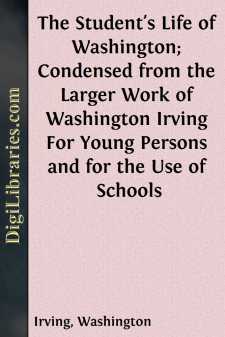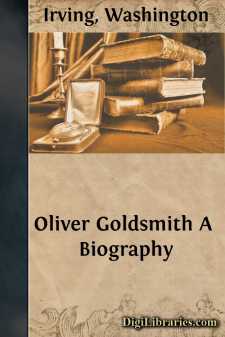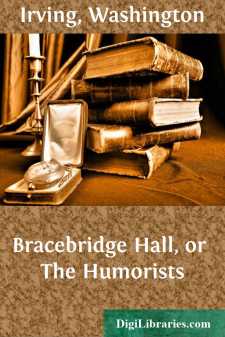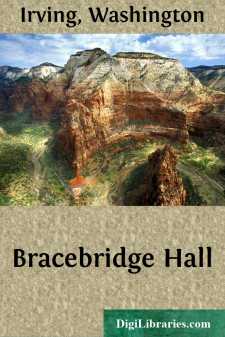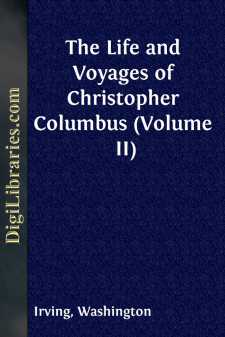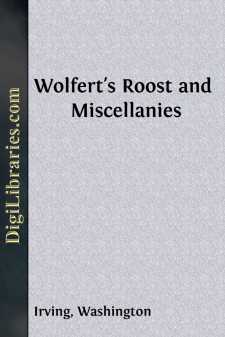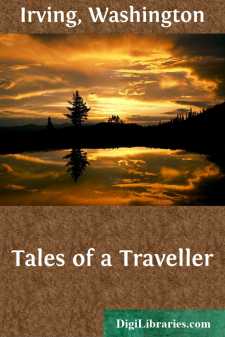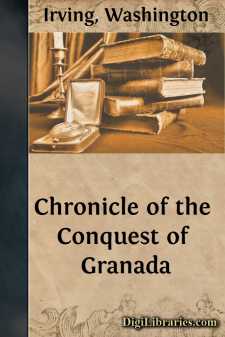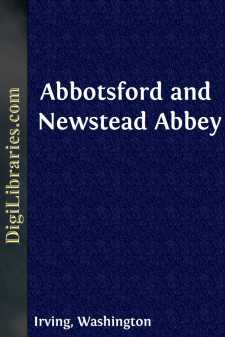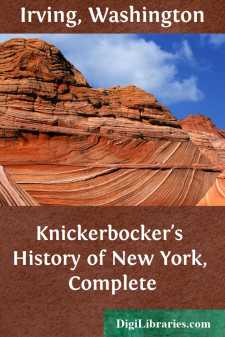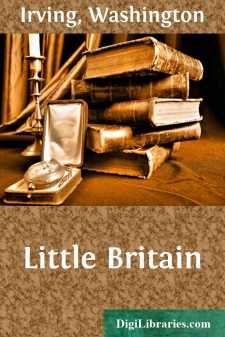Categories
- Antiques & Collectibles 13
- Architecture 36
- Art 48
- Bibles 22
- Biography & Autobiography 816
- Body, Mind & Spirit 145
- Business & Economics 28
- Children's Books 17
- Children's Fiction 14
- Computers 4
- Cooking 94
- Crafts & Hobbies 4
- Drama 346
- Education 58
- Family & Relationships 59
- Fiction 11834
- Foreign Language Study 3
- Games 19
- Gardening 17
- Health & Fitness 34
- History 1378
- House & Home 1
- Humor 147
- Juvenile Fiction 1873
- Juvenile Nonfiction 202
- Language Arts & Disciplines 89
- Law 16
- Literary Collections 686
- Literary Criticism 179
- Mathematics 13
- Medical 41
- Music 40
- Nature 179
- Non-Classifiable 1768
- Performing Arts 7
- Periodicals 1453
- Philosophy 66
- Photography 2
- Poetry 897
- Political Science 203
- Psychology 45
- Reference 154
- Religion 516
- Science 126
- Self-Help 85
- Social Science 82
- Sports & Recreation 34
- Study Aids 3
- Technology & Engineering 59
- Transportation 23
- Travel 463
- True Crime 29
Our website is made possible by displaying online advertisements to our visitors.
Please consider supporting us by disabling your ad blocker.
The Student's Life of Washington; Condensed from the Larger Work of Washington Irving For Young Persons and for the Use of Schools
Description:
Excerpt
CHAPTER I.
BW.—HB.The Washington family is of an ancient English stock, the genealogy of which has been traced up to the century immediately succeeding the Conquest. Among the knights and barons who served under the Count Palatine, Bishop of Durham, to whom William the Conqueror had granted that important See, was W H. At that period surnames were commonly derived from castles or estates; and de Hertburn, in 1183, in exchanging the village of Hertburn for the manor of Wessyngton, assumed the name of W. From this period the family has been traced through successive generations, until the name, first dropping the de, varied from Wessyngton to Wassington, Wasshington, and finally to Washington. The head of the family to which our Washington immediately belongs sprang from Lawrence Washington, Esq., of Gray's Inn. He was mayor of Northampton, and received a grant of the manor of Sulgrave from Henry VIII. [Sir William Washington of Packington, was his direct descendant. The Washingtons were attached to the Stuart dynasty. Lieut.-Col. James Washington perished in defence of that cause. Sir Henry Washington, son of Sir William, distinguished himself under Prince Rupert, in 1643, at the storming of Bristol; and still more, in 1646, in the defence of Worcester against the arms of Fairfax. We hear little of the Washingtons after the death of Charles I. England, during the protectorate, was an uncomfortable residence for those who had adhered to the Stuarts, and many sought refuge in other lands. Among many who emigrated to the western wilds were John and Andrew Washington, great-grandsons of the grantee of Sulgrave.]
The brothers arrived in Virginia in 1657, and purchased lands in Westmoreland County, on the northern neck, between the Potomac and Rappahannock rivers. John married a Miss Anna Pope, of the same county, and took up his residence on Bridges Creek, near where it falls into the Potomac. He became an extensive planter, and, in process of time, a magistrate and member of the House of Burgesses. Having a spark of the old military fire of the family, we find him, as Colonel Washington, leading the Virginia forces, in co-operation with those of Maryland, against a band of Seneca Indians, who were ravaging the settlements along the Potomac.
The estate continued in the family. His grandson Augustine, the father of our Washington, was born there in 1694. He was twice married; first (April 20th, 1715), to Jane, daughter of Caleb Butler, Esq., of Westmoreland County, by whom he had four children, of whom only two, Lawrence and Augustine, survived the years of childhood; their mother died November 24th, 1728, and was buried in the family vault. On the 6th of March, 1730, he married in second nuptials, Mary, the daughter of Colonel Ball, a young and beautiful girl, said to be the belle of the northern neck. By her he had four sons, George, Samuel, John Augustine, and Charles; and two daughters, Elizabeth, or Betty, as she was commonly called, and Mildred, who died in infancy....


